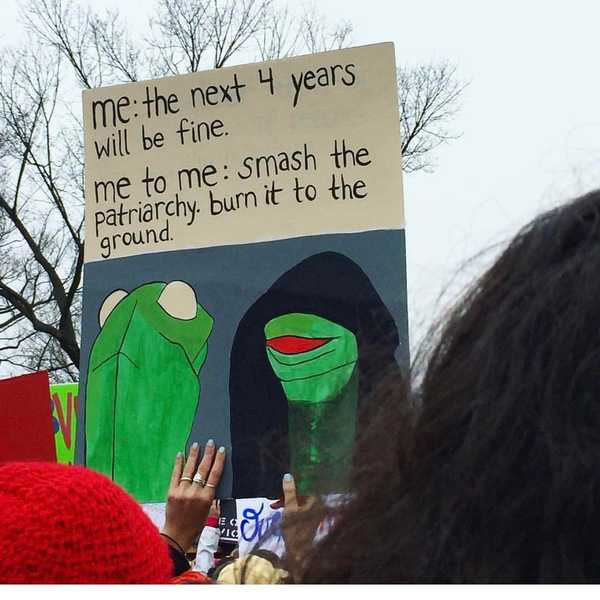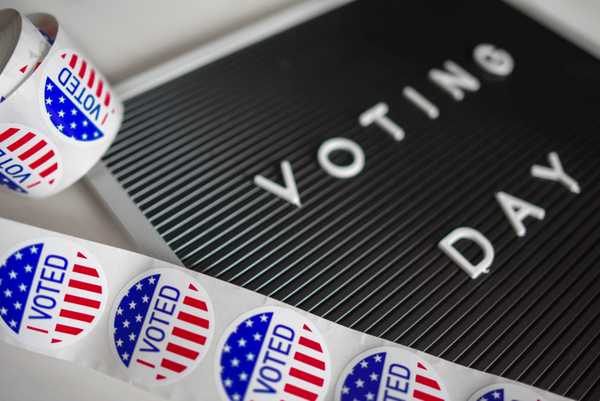African Americans were an essential part of American History as they literally built the foundations of America. They introduced a new culture of art and music, and played an imperative roles during times of crisis. Yet while the Progressive Era brought many reforms for the American people- from attacking the Triple wall of Privilege to bringing about political reform such as the Underwood Tariff and the Federal Reserve Act- the era neglected an entire race of people within the nation- african americans. Violent acts against blacks were common practice, workers and unemployed alike. Lynching was an extremely common practice yet progressives did nothing about segregation and lynching because they maintained racial prejudices and considered other reforms such as lower tariffs to be more important. Although the progressive era was the impetus for social reform, african americans were neglected during this era as lynching and many other constitutional acts were implemented to prevent them from doing so, thus proving that the progressive area in truth was not progressive for many.
During the Great Migration, African Americans became an essential part of the American work force; however, African Americans’ increased presence in the north led to increased racial tensions. In fact the Chicago Race Riots of 1919 and the Tulsa Race Riots of 1921, lead to the death of many african americans. This is testament to the strong racist beliefs held by many, and the disregard for the importance of blacks in America during the era. While one could easily argue that the disregard for African Americans does not disprove the progressive acts of the era, in truth, the fact the African Americans were neglected during this time is testament to the plaguing inequality of this seemingly “equal” nation of “freedom and liberty”.
With the Plessy vs. Ferguson case in 1896, separate but equal facilities were deemed legal; a supreme court case that occurred during the progressive era, further proving the eras lack of progressivism. And while government made sure to maintain these facilities separate, “the equal part was a joke” (Chafe 228). A goal of the era was said to promote moral improvement, yet the moral inclination to treat all humans as equal was plagued by the racist attitudes of the society. It was not until 1954 in the Supreme Court case, Brown vs. Board of Education, that blacks would finally receive an equal education, and even then African Americans continued to face extremely racist attitudes within their schools. The progressive era failed to address one of the most pressing issues of the time, racial equality, which left blacks in continued decades of oppression, proving its ultimate disregard for the equality of all human beings.
While black and white women alike worked to pass the nineteenth amendment, black women were denied this right despite their efforts, while white women were able to vote, and felt no remorse for their sisters. In fact, within a decade of the passing of the nineteenth amendment “state laws and vigilante practices effectively disenfranchised most black women in the South”. It would not be until the Civil Rights Movement when women would finally be able to vote. In addition, “white women were often culturally or racially insensitive, attempting to impose white middle class cultural values on immigrant and black women”. Thus not only were women neglected the right, their cultural values were completely ignored. While one could argue that the nineteenth amendment in itself proved the wave of progressivism in the nation, it is only an example of white progressivism, rather than for progressivism for all American people. The amendment at the time did nothing for African American women, and African American men at the time still could not vote, despite being legally able to vote with the passing of the fourteenth amendment in 1868.
African Americans were not able to get the same quality work as whites, jobs that were already scarce and brutal as there were few labor rights in place to protect workers. At the time there was a clear differentiation between a “‘white man’s job’” and a “‘black man’s job’” (Chafe 229). For example, if there were some jobs with seats and others without seats, the black man would never get the slightly less brutal job sitting down. The blacks got “man killer” jobs (Chafe 230). African Americans never received equal jobs, and their conditions remained inferior to the white man’s until reforms during the civil rights movement.
In coincidence with the blacks inferior working conditions, they were not able to unionize with whites to strive for better working conditions despite their worse working conditions. Adam recalls from his days working as a bricklayer, “We were unionized, had a union, but whites controlled it. We could meet in the same building on union nights, but we didn’t have the same privileges as the white bricklayers” (Chafe 219). Even though African Americans had worse conditions than whites, only the white man’s working conditions were improved during the era. In a case when a black union did try to call for reform, “seventeen union men were stripped to the waist, tied to a tree, and whipped”. America neglected African Americans simply out of hatred. And since, “Jim Crow represented the legitimization of anti-black racism”, most did not feel any need to change these racist attitudes as they were so deeply embedded in their culture.
While the era did give way to many government reforms for the benefit of the American people in the long run economically and socially, it neglected a major part of its population- African Americans, and thus failed to strive for equality. Lynching practices, race riots, inferior working conditions, prevention from unionizing, amongst many other acts prevented African Americans to achieve in real sense of reform and equality during this era, making the era non-progressive for all Americans. In the case of the progressive era, the American people claim to strive for moral betterment, yet neglected the basic right of equality. Issues of equality cannot be set aside for economic issues. Simply put, the progressive era intentionally neglected African Americans and proved the era unprogressive in social equality. It is easy to disregard African American rights during the era and still call it progressive because of all of the economic reforms however, if America is truly supposed to be a representation of freedom and equality for the rest of the world, how can it deem an era progressive at a time when racist acts and beliefs were at one of its highest points in history.References:
Chafe, William H. Remembering Jim Crow: African Americans Tell about Life in the Segregated South. New York: New, 2001. Print.
Ellsworth, Scott. "Death in a Promised Land." Death in a Promised Land: The Tulsa Race Riot of 1921. Baton Rouge: Louisiana State UP, 1982. 29-34. Print.
Ellsworth, Scott. "Death in a Promised Land." Death in a Promised Land: The Tulsa Race Riot of 1921. Baton Rouge: Louisiana State UP, 1982. 29-34. Print.





















